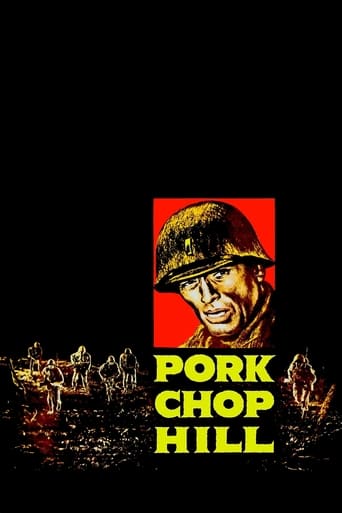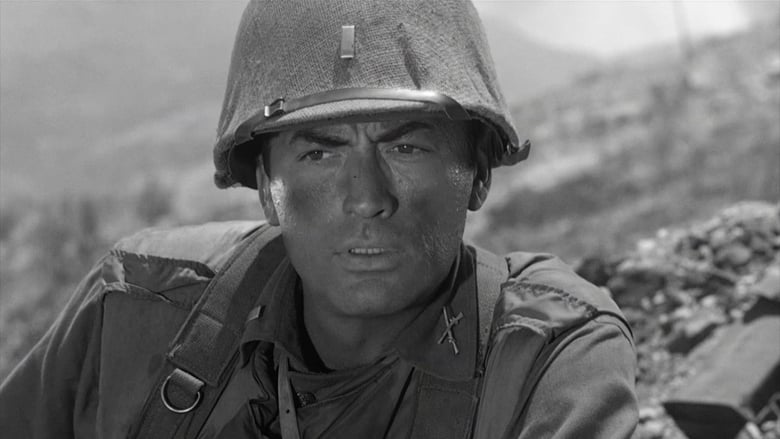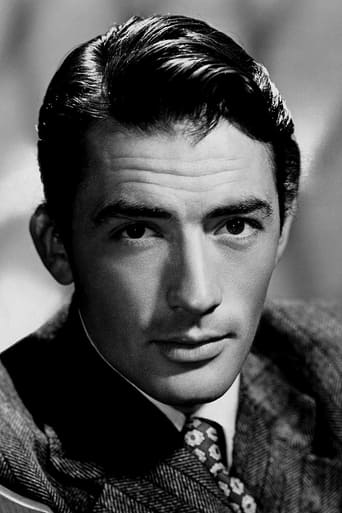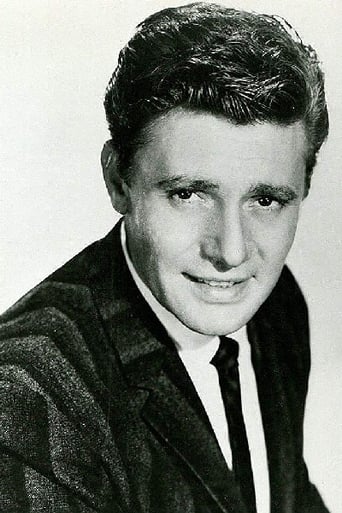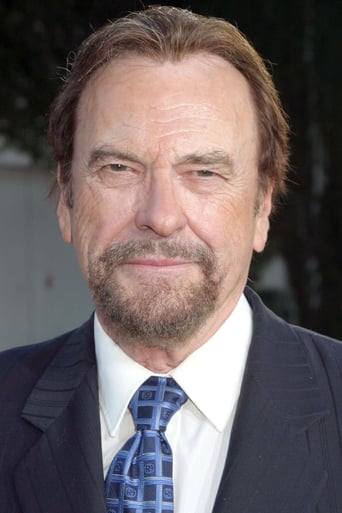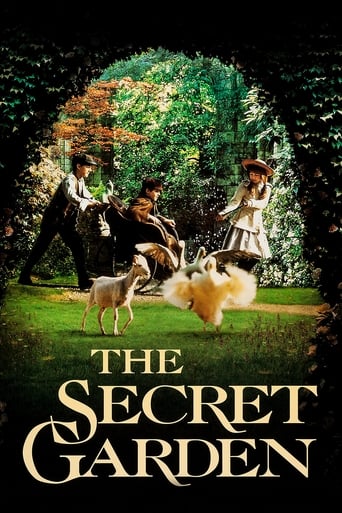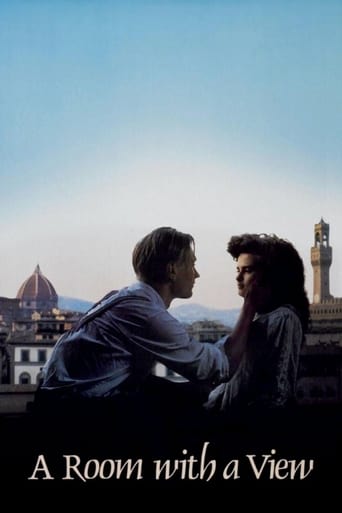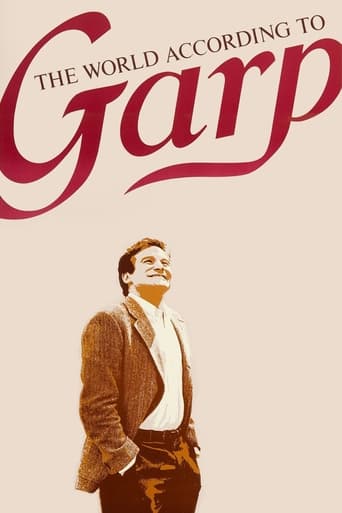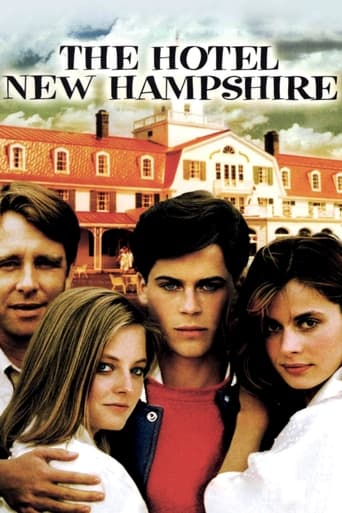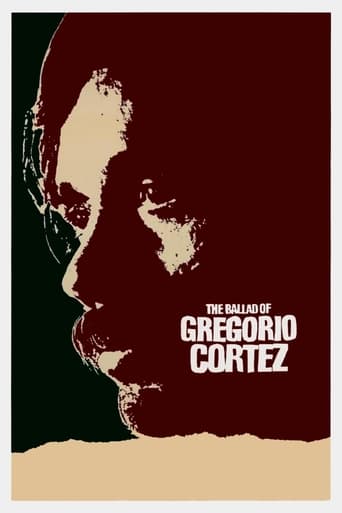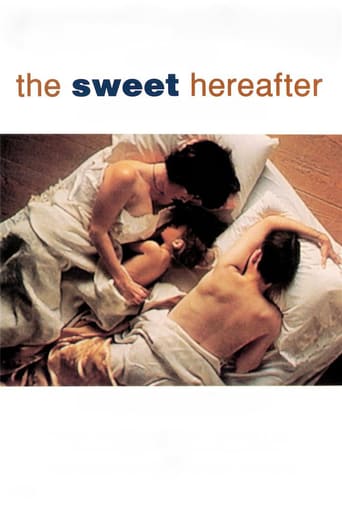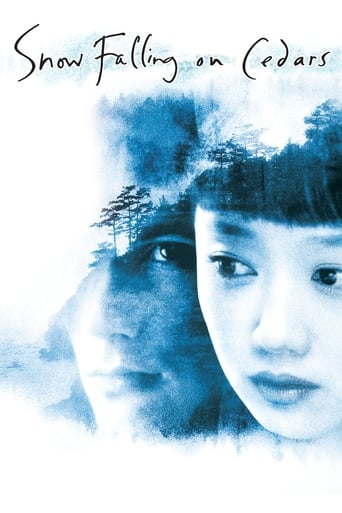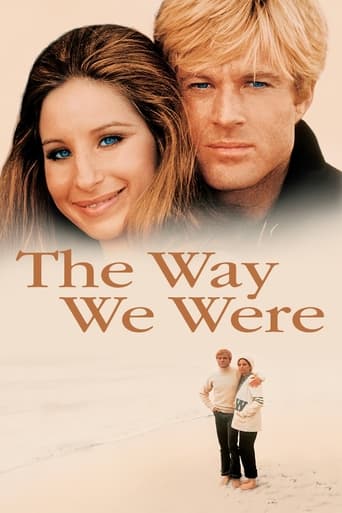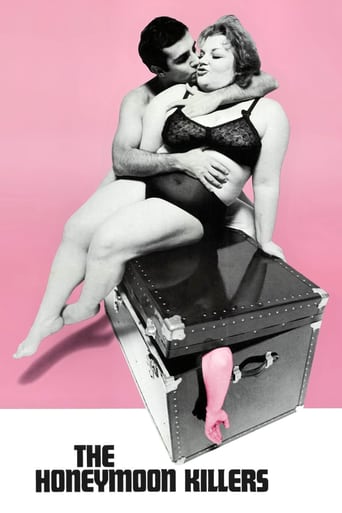Pork Chop Hill (1959)
Korean War, April 1953. Lieutenant Clemons, leader of the King company of the United States Infantry, is ordered to recapture Pork Chop Hill, occupied by a powerful Chinese Army force, while, just seventy miles away, at nearby the village of Panmunjom, a tense cease-fire conference is celebrated.
Watch Trailer
Cast


Similar titles
Reviews
***SPOILERS*** Non stop action war movie that never lets up for a moment as the US Army and Chinese Communists square off on hill 255 also known as Pork Chop Hill in the spring of 1953. With peace or cease fire negotiations going nowhere at Panmujeom the Red Chinese open up a full scale attack, using ear splitting bugles and human wave assaults, on Pork Chop Hill trying to dislodge the US Army company, Company K, that's holding it. With the battered and pot marked, from artillery shelling, hill being of no real strategic significance to either sides it turns out to be a battle of wills between the two side with the Chinese Communists more then willing to sacrifice their men in order to win!With Lt. Joe Celmons', Gregory Peck, company trying to hold off the fanatical and suicidal Red Chinese attacks it's decided by his superiors safely behind the lines not to reinforce him and thus let him and his men, now down from 135 to just 25 men, to twist in the wind with the Red Chinese planning to launch a final do or die attack on his positions at dusk April 17, 1953. Digging in and waiting for the final curtain to fall Let. Clemons feels that he and his men have been deserted or sacrificed for political expediency in the name of "peace" in order to get the stalled cease fire talks re-started! Where at least with the Communist Chinese their losses will be rewarded with taking the hill, Pork Chop Hill, and using it as a bargaining chip in the Panmunjeom cease fire negations!One of he best movies about the Korean War ever made "Pork Chop Hill" shows the frustration that the GI's suffered in fighting in it. Like in the film there was no hope of winning on the part of the US with the war being fought mostly along the 38th Parallel with the front lines moving no more then ten miles on either direction for more then, From May 1951 to July 1953, two years! Gregory Peck who made only two war movies up until then as a Russian guerrilla fighter in "Days of Glory" in 1943 and a US Army Air Force General in "12 O'Clock high" in 1949 fits right in the part as a grunt down in the mud GI in the film who's sense of loyalty to is country made him forget that it was deserting him and his men at their most argent time of need. Happily the ending of the movie like the battle of "Pork Chop Hill" in real life restored Lt. Clemons' faith in his country even though most of the men under his command didn't live long enough to see or realize it! P.S One of the oddest as well as poignant scenes in the film was just before the final assault on the hill by the Red Chinese. That's when their radio propagandist commentator started playing the song "Autumn in New York", this in the spring in Korea, just in order to fry the GI's brains in order to get them to surrender.
Since the Korean War, nothing has been said about it. Yes it is mentioned in history books but even then, the subject matter is skimmed over. No one really knows what happened during that time except for the individuals who took part in the battle. Unfortunately, not many are left to tell their story. Thankfully director Lewis Milestone had the ambition to make this film in honor of those who fought during that time.Gregory Peck plays Lt. Joe Clemons, a tired soldier who is on the boarder of losing all his men because communication ties are running thin between him and headquarters. Along side Peck is Harry Guardino, George Peppard and Rip Torn. At first, it may seem a little difficult to see who's who, because the film is black and white but it doesn't take long before these recognizable faces come clear. What's nice though is how well each actor portrays their character. Each one has a specific background and when they talk about themselves, it reflects the time of the era very accurately. Another great feature is the set design. Every piece of the set is like what it would be if the viewer were in the soldier's shoes. There's nothing comforting about warfare and that is what's in this film. Barb wire, bunkers, sandbags, flood lights, bayonets and dirt is all that will be seen; which is anything but cozy. Also the fact that the psychological aspect being inserted into the story makes things even more accurate. Trying to persuade the Americans to leave over a loudspeaker can make them very uneasy, which is understandable.As for action, I suspect some viewers will be turned off that there's no blood and guts. But what could someone ask for from the era of conformity? Realistic gore was considered taboo at the time and probably would have freaked too many people out. Especially since the government didn't want the families at home to see what war was really like. For this element, the audience must suspend from their minds that gore just wasn't permissible at the time, and there for, omit it from affecting their judgment of the film.For the few films that focus on the Korean War, this film shows the best reflection of what times were like. The actors perform well, and the set is accurately grimy which is all due to Milestone's direction.
This supposedly "anti-war film" is perhaps a textbook example as to how intellectually dishonest most war films are.On June 25th, 1950, North Korea invaded South Korea. It did this, it insisted, in reply to an invasion of their territory by South Korea. In response, the United Nations sided with the South, demanding the withdrawal of all North Korean troops. Of course North Korea ignored the UN, and promptly went on to capture Seoul, the capital of South Korea.Three days later, US ground troops entered the fray, determined to "halt the spread of the North Korean Communists". After a series of defeats, however, the US troops promptly fell back. As a result of these defeats, General Douglas MacArtur was appointed by the UN to lead the fight against the North Koreans, leaving no doubt that the UN was primarily functioning as an extension of US foreign policy. Meanwhile, North Korea continued in its victories and by early August, both the Soviet Union and China were pronouncing that the North-South conflict was a civil war and that all foreign troops should withdraw. Days later, the US, through a UN representative, stated that this war was really a "police action" and that their aims were to "unify Korea", implicitly at the expense of the communist North. In other words, the North/South Korean border had become the location for a proxy war between the US and the Soviet Union, the West squaring off against the "ideology of communism".China, of course, didn't want to be left out of the action, and so sided with the North Koreans, stating that they would not tolerate "their neighbours being savagely invaded!" By the end of the year, Chinese troops had crossed the borders and joined North Koreans in a major offensive against the UN and US. The war went back and forth for many weeks, neither side gaining an advantage, until cease-fire talks began and peace arrangements were made. These peace arrangements promptly broke down, however, as both sides "interpreted the peace deals" as they saw fit. Thus, in June 1952, UN forces began bombing targets in North Korea, which in turn resulted in heightened North Korean violence, which in turn finally resulted in shaky cease fire agreements, the war finally ending weeks later. The result: Korea wasn't unified, communism didn't "spread" and the US and UN began erecting large forts and military emplacements along the North/South border. Over three million civilians were killed in the conflict.Released one year after Kubrick's "Paths of Glory", Lewis Milestone's "Pork Chop Hill" essentially tells the same story, the film focusing on group of soldiers who die in vain for a strategically unimportant hill in the middle of Korea. Milestone (who famously directed the anti-war film, "All Quiet on the Western Front") points fingers at callous generals and politicians, condemning the faceless decision makers who wage war by proxy, but his script is heavy-handed and his dialogue at times too obvious.What's problematic about "Pork Chop Hill", though, is the way that it makes no mention of the Koreans, and instead reduces the Korean conflict to a battle between Americans and Chinese on a hill. The film then goes on to depict the Red Chinese as snarling savages, a communist horde which rarely rises above the way the Nazis are portrayed in WW2 propaganda movies. Given the time of the film's production and release (1958-9), this makes perfect sense. Partly because they sensed America's unbroadcasted failure in the war, Americans had swept the Korean experience under the rug, the Korean conflict promptly becoming the forgotten American war. It therefore would do nothing for the film's financial prospects to attempt to revive these memories. (US amnesia about Korea contributed to the next US war, where Americans felt they might erase their vague sense of defeat by succeeding in Indo-China where their predecessors, the French, had failed.) But though Korea was wiped from the public's consciousness, the Cold War between the US and the "Reds" (ie Soviet communists) persisted. Thus, it is really to this conflict that "Pork Chop Hill constantly refers, with the Chinese filling in for their communist brethren, the Soviets. (In reality, China and Russia were only ever very volatile allies) The film is therefore entirely contradictory, muddling together two diverse and inherently opposed agendas. On the one hand, the makers want to say something about how grunts are manipulated and sacrificed by distant generals and politicians. They wish to show war as horrifically out of the hands of those who fight and die in it. This aim, of course, predicts a pessimistic, even a tragic outcome and outlook. On the other hand, the makers also want something else entirely. They want to curry the favour of 1959 audiences by invoking the fears of the Cold War, a "war" to which these audiences can directly relate, a procedure that needs to predict an optimistic, even a celebratory outcome and outlook. Since the substitution of the Cold War for the Korean War was deemed by the makers incapable of being acknowledged, the film's contradictory aims result in an ambivalence towards the entire Korean conflict and its consequences. It wants to celebrate the soldiers of the Cold War, a war which it sees as necessary, whilst also mourning the loss of those who died in the Korean conflict (historically a part of the Cold War). Celebratory vs Tragedy: it is in this fashion that most war films (even those which proclaim themselves to be antiwar) veer pathologically between antiwar statement and gung-ho propaganda.7/10 – Like Milestone's earlier "Halls of Montezuma", the film uses a near-expressionistic tone for its battle scenes. It's in these wordless moments that the film works best.Worth one viewing.
Every now and then, a story emerges from Hollywood which affixes itself squarely on the pages of history. This is one such film. It's called " Pork Chop Hill." Amid the history of the Forgotten War, namely Korea, you will find this seemly insignificant event. While the North Koreans and their Chineese Allies, endlessly bickered with the American and their Nato forces, courageous soldiers fought and died by the truck load on the barren slopes of Pork Chop. This film, directed by Lewis Milestone convincingly captured the tragic tale on film. In it, we have a bevy of the finest actors ever to grace Hollywood, some of which have made memorable projects in their own right. In this movie, we have Gregory Peck playing Lt. Joe Clemons an officer ordered to take and hold the tiny hill known as Pork Chop. In his Company you will see Martin Landau, Harry Guardino, Rip Torn, George Peppard, Bob Steele, Woody Strode, Gavin MacLeod, Norman Fell, Harry Dean Stanton and a very young Robert Blake as Pvt. Velie. As impressive a line up as one can get. Everyone destined to become notable as this movie should have become. Except for becoming a Classic, the anti-war message was lost and it garnered few awards. Nevertheless, this film continues to ranks among the very finest of War memorials offered in tribute to American's fighting men. Recommended to all. ****

